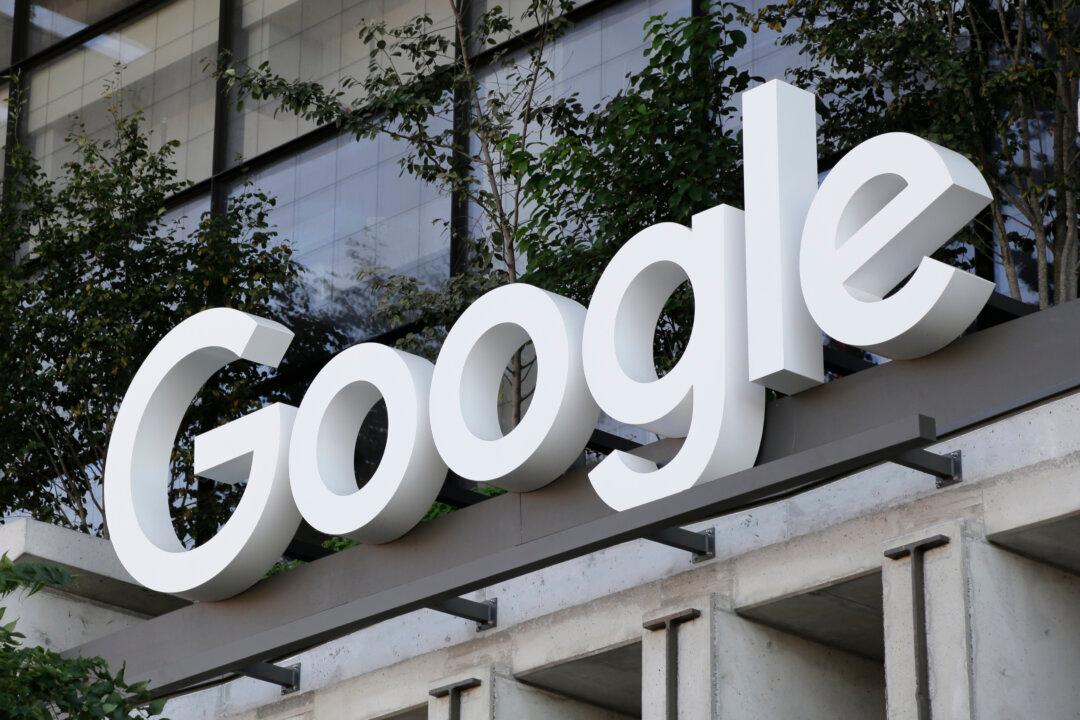The Competition Bureau is suing Google over alleged anticompetitive conduct in the tech giant’s online advertising business and wants the company to sell off two of its services and pay a penalty.
The watchdog said Thursday that such action is necessary because an investigation it conducted into Google has found the company “unlawfully” tied together its ad tech tools to maintain its market dominance.





